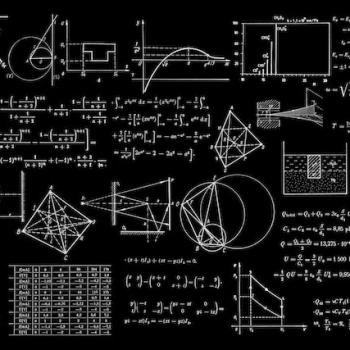
When my son was only five or six, I used to take him bowling on the occasional Saturday. I’m no champion myself, but I couldn’t help but chuckle watching him attempt to catapult such a heavy ball down what seemed like a miles-long alley. All elbows, jerky movements, and disco-gone-wrong, he was a sight to behold. He landed on his backside more than once. On our first time out, he did knock down a then-record seven pins. Too bad they weren’t in our lane.
After that first attempt, I figured out how to have the bumper guards come up each time it was his turn. Those rails on the sides of the lane that kids (and some adults) use to prevent gutter balls were a lifesaver. Without them, his ball would have landed in the gutter every time, and he would have stomped off in frustration before we made it to the third frame. But with them in place, he didn’t have to worry about pitching the ball too far left or right. All he had to do was hoist it forward with some velocity, and it would usually knock down at least one pin down.
The Reality of Rules
This Sunday’s gospel reading is about the Pharisees and scribes grilling Jesus about why his disciples do not follow the prescribed purity codes expected of Jews at the time. “’Why do your disciples not follow the tradition of the elders but instead eat a meal with unclean hands?” (Matthew 7: 5). This “tradition” was to view the many, incredibly detailed, unwritten rules for purification as having the same force of as the law of Moses.
In response, Jesus takes them to task and explains, “’Nothing that enters one from the outside can defile that person, but the things that come out from within are what defile’” (15). In other words, sin comes from the inside. The goal then is less about following external rules and more about cultivating one’s internal connection with God.
Jesus spelled this out for his disciples a couple chapters earlier in Matthew when he delivers his Sermon on the Mount. The Beatitudes are his “sequel” to the Ten Commandments. The later are specific behavioral prescriptions. “Honor your father and mother. Do not steal. Do not commit adultery.” But Jesus’ version is not about what to do or not do; instead, it’s about what attitudes or internal states we need to cultivate. “Blessed are the meek” is different in substance and feel than, “Do not insist gloat about titles or achievements.” “Blessed are merciful” is a far cry from “Give at least 10% of your income to those in need.” Jesus was more interested in the internal life of the spirit, not external appearances.
If that’s the case, then what’s the point of rules and laws anyway? Why have speed limits or laws against shoplifting? Why have OSHA regulations or rules about workplace communications? I think it’s because bumper guards can help us learn how to bowl. Rules and regulations can help us keep our ball in the lane. They give us a better shot at knocking down some pins.
Losing the Training Wheels
However, the whole point of bumper guards is to get to a place where you don’t need them. They are a means to an end. Much like training wheels on a bike, their purpose is to make themselves obsolete. We run into problems when they become an end in themselves.
Jesus had little patience for the religious leaders of his time because they made purity codes an end in themselves. They were useful when they helped the Jews nurture their relationship with God. They became destructive when they became the object of worship. And destruction leaves scars.
Jesus made it clear that rules and regulations have their place, but only when they nurture our relationship with God. Ironically, when the bumper guards become the reason to go bowling, we end up throwing nothing but spiritual gutter balls.











